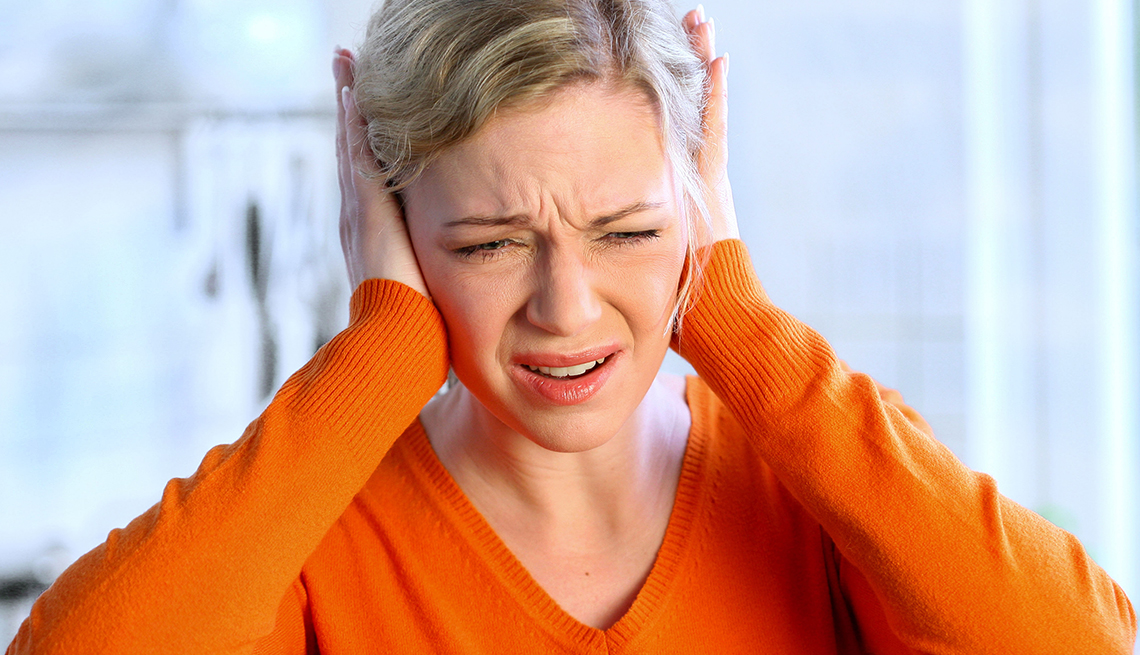
Our Blog
How Long Do Hearing Aids Last?
Hearing aids are indispensable tools for millions of people with hearing loss. They amplify sound to improve communication and overall quality of life. If you are new to them, you might wonder how long hearing aids last. In this article, we will discuss the hearing aid lifespan and factors affecting hearing aid longevity so you know what to expect. Dive in.

How Long Do Hearing Aids Last?
Most hearing aids have no shelf life. This means you can use them for as long as you need. However, they are still subject to everyday wear and tear. Hearing aids are made of hundreds of delicate, complex pieces of technology and electronic components. These can break or malfunction over time depending on use.
The average lifespan of hearing aids in Canada is at least 3.3 years, which is relatively shorter than before. The study suggests that users are upgrading their current hearing aids frequently when new hearing aids are available. This data indicates a significant reliance on hearing aids with improved design and performance, especially when you need to use hearing aids daily.
Some Toronto hearing aids may last longer than others (up to seven years) depending on the materials and model used. Modern hearing aids generally have a longer life expectancy, due to technology advancements, new features, and materials.
Factors Affecting Hearing Aid Lifespan
Daily usage can influence a hearing aid’s estimated lifespan. However, a lot of other factors contribute to the longevity of hearing aids. We’ll expand the details further below.
Style
Different hearing aids come in styles that can impact their lifespan. For instance, in-the-ear hearing aids (ITE) often last four to five years. Their exposure to body heat, ear wax, and moisture accumulated in the ear canal can accelerate wear and tear.
On the other hand, behind-the-ear hearing aids (BTE) tend to have a slightly longer life expectancy of five to six years. Their location protects them somewhat from the harsh environment of the ear.
Construction
Like any other high-tech device, the quality of materials and build of the hearing aid affects the overall shelf life. Well-crafted devices with durable components tend to last longer. Conversely, hearing aids made with lower-quality materials or with a less robust design may deteriorate faster, especially when exposed to moisture, ear wax, and physical impact.
Maintenance
Regular cleaning and care are essential for prolonging the life of your hearing aids. If you have a new hearing aid, familiarize yourself with the manufacturer’s cleaning instructions to prevent potential damage. For older hearing aids, it’s even more important to follow a consistent cleaning routine as components may be more susceptible to wear and tear.
Battery
The battery type can impact the hearing aid’s lifespan. Rechargeable batteries might require replacement parts after four to five years, like battery doors, external speakers, microphone covers, and ear molds. Meanwhile, disposable batteries are less of a concern.
Technology
Hearing aid technology constantly evolves. While newer models often offer advanced features, older devices might become obsolete as technology progresses. This may limit repair options and the device may not be compatible with newer assistive listening devices or smartphone apps. As a result, users might opt for newer models to access the latest features and benefits.
Environment
Exposure to moisture, extreme temperatures, and dust can damage hearing aids faster. If you’re frequently exposed to these elements, it may shorten your hearing aid lifespan.
Physiology
Individual factors like ear wax production and the shape of your ear canal can affect how your hearing aids hold up. They can significantly impact how well a hearing aid fits and functions. If you’re struggling with ear wax buildup, don’t take it lightly and consult a professional here.
Hearing needs
As hearing loss progresses, your hearing aids might become less effective and compromise hearing abilities. This may necessitate an upgrade. Toronto hearing tests can help monitor your hearing changes and determine when it’s time for a new hearing aid.
How to Make Your Hearing Aids Last Longer
To extend the life of your hearing aids and ensure optimal performance, consider the following tips:
-
Handle with care. Avoid dropping or mishandling your hearing aids.
-
Protect from moisture. Use a dehumidifying unit or drying kit to remove moisture.
-
Clean regularly. Gently wipe down your hearing aids with a soft cloth.
-
Replace wax guards. These tiny protectors help prevent earwax buildup.
-
Store properly. Keep your hearing aids in a safe place when not in use.
See an Audiologist
Regular check-ups and professional cleaning are essential for maintaining your hearing aids. In Toronto, Bloor Hearing Clinic services a wide range of hearing care needs, including comprehensive hearing assessments, hearing aid fittings, and tinnitus services. If you suspect tinnitus, consult a hearing professional here before buying new hearing aids.
Conclusion
Major factors like technology, usage patterns, and maintenance influence the lifespan of your hearing aid. While advancements in technology have extended the potential life of hearing aids, proper care, and attention to needs remain vital for maximizing their longevity. Invest in a good pair by consulting an audiologist to have a comprehensive hearing evaluation and receive professional recommendations.
